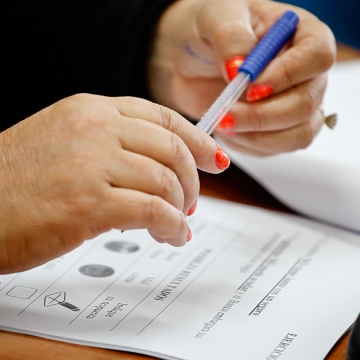Uganda’s Post-COVID Recovery Strategy and NDC Implementation
EfD Authors:
This paper analyses the climate-friendliness of Uganda’s post-COVID-19 recovery strategy and, specifically, its alignment with the country’s targets in its Nationally Determined Contributions
(NDCs). The recovery strategy has the potential to provide effective climate change response and meet the NDCs. However, there are several gaps related to the marginalisation of climate
Gross turnover assessment and tax compliance in Uganda’s small businesses: a deep inquiry on the certainty of presumptive tax law
EfD Authors:
Purpose
This study aims to investigate the certainty of small business (SB) taxpayers about the presumptive tax law concerning the assessment of income tax based on gross turnover and how this impacts their income tax compliance.
Pagination
- Previous page
- Page 37
- Next page
